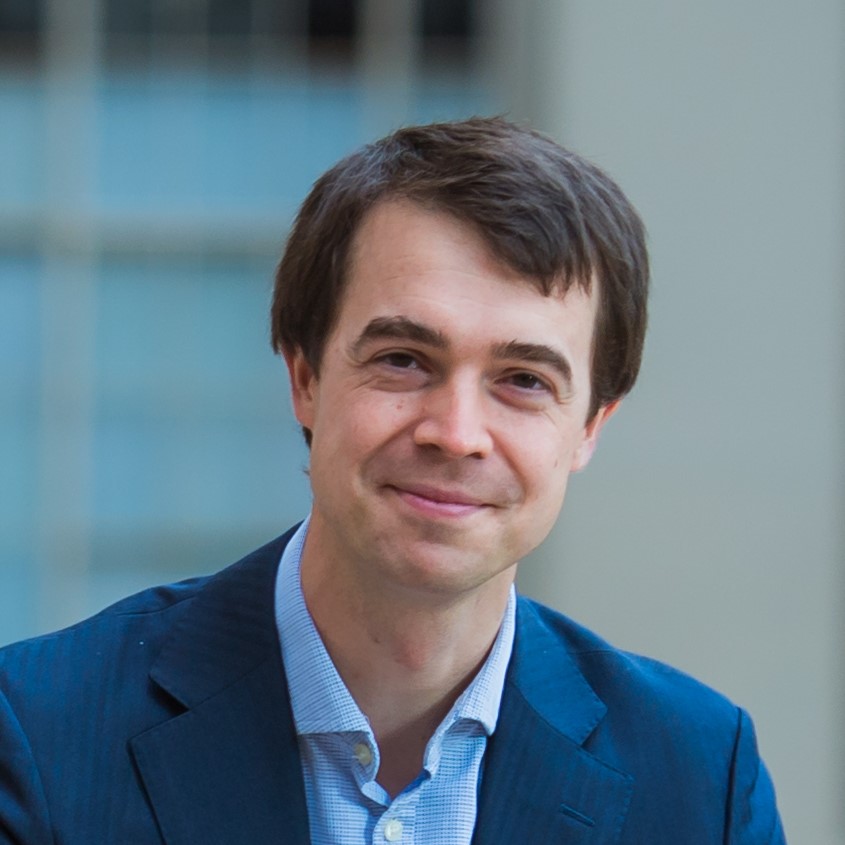Personal webpage of Jack Hare

I study plasmas, the hot matter which make up most of the universe. I am an experimental physicist, so I like being in the lab, looking at data, and saying “huh, that’s odd”. I create plasmas using intense electrical currents (around 1 MA), which heat thin wires to the plasma state. This processes also generates very large magnetic fields (10s T or more) which accelerate the plasmas to high speeds (100s km/s). These hot, dense, magnetised plasmas are ideal for testing fundamental concepts in plasma physics, mimicking the extreme conditions found in astrophysical objects, and provide a potential path for pulsed magnetic fusion.
In 2025, I moved to the School of Electrical and Computer Engineering at Cornell University, and joined the Laboratory of Plasma Studies. You can find our group website here, which includes advice on graduate school applications, and updates on PUFFIN, the new pulsed-power device built at MIT which we will be moving to Cornell. You can find out more about my research interests on our group website.
Until the end of 2024, I was an assistant professor at the Nuclear Science and Engineering Department at MIT. Previously I worked as a graduate student and post doc at the MAGPIE pulsed power generator at Imperial College London.
Unlike most of the universe, the Earth is not a plasma, which allows me to go hiking, canyoning, caving, ski touring and so on when I’m not in the lab, which you can find in my Adventure Blog. The header photo is an image from the underground campsite I helped build, 600 m below the surface of the Earth in the Julian Alps, Slovenia, whilst on expedition with Imperial College Caving Club.
Biography
A common reason for academics to read the websites of academics is when they need to introduce them before a seminar. For convenience, here is a potted biography:
Prof. Jack Hare is an assistant professor in the Cornell School of Electrical and Computer Engineering. He graduated with First Class honours in Natural Sciences at the University of Cambridge in 2011, followed by a Master’s degree in Plasma Physics from Princeton University in 2013. His doctoral research on the MAGPIE generator at Imperial College London was supervised by Prof. Sergey Lebedev, and he was awarded his PhD in 2017. Following this, he held postdoctoral appointments at Imperial College (2017-2019 and 2020) and the Max-Planck Institute for Plasma Physics in Garching, Germany (2019). In 2021, he started a new research group as an assistant professor at MIT, based around the PUFFIN pulsed-power generator, and he moved to Cornell University in 2025.